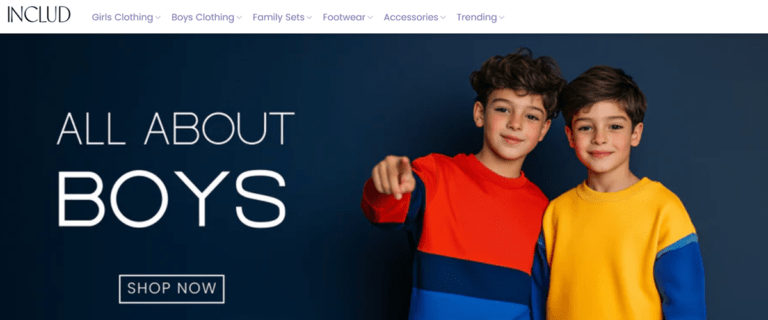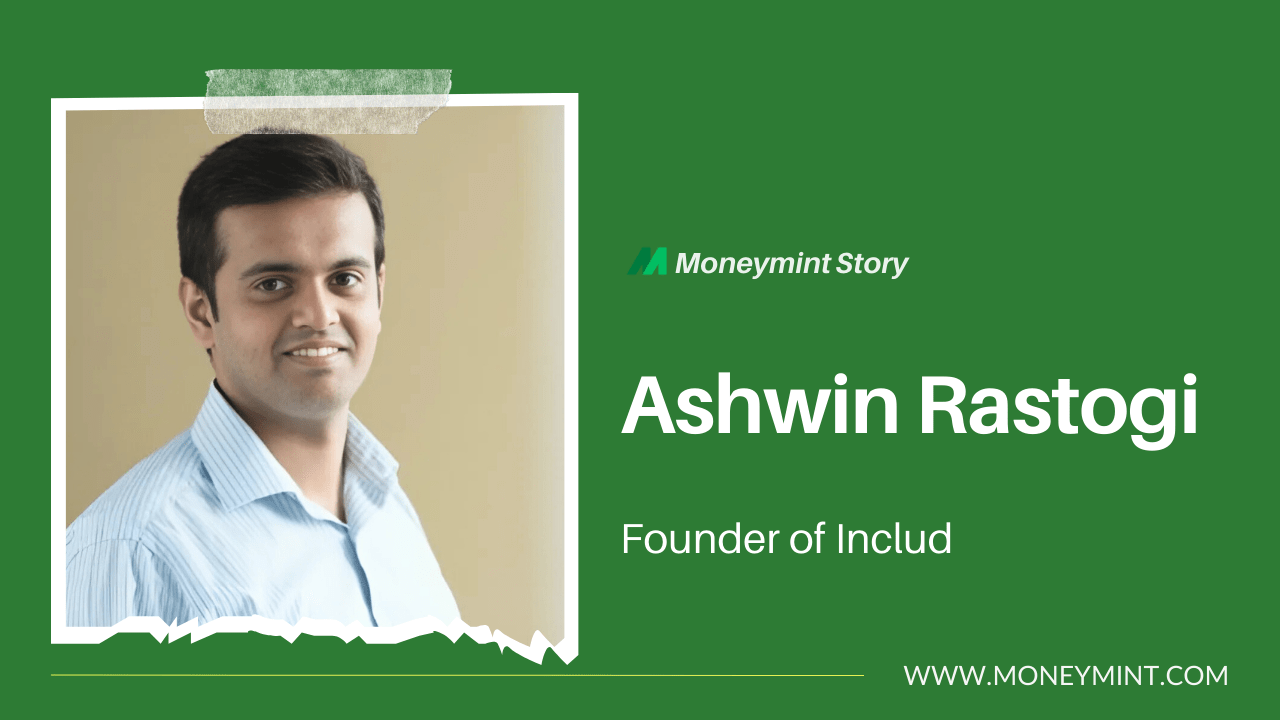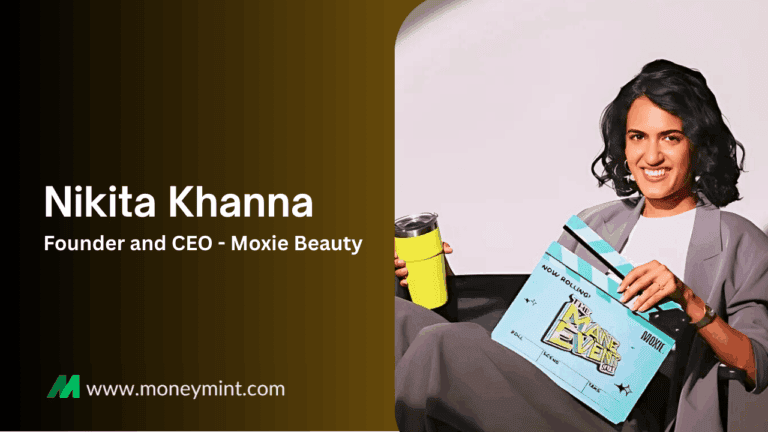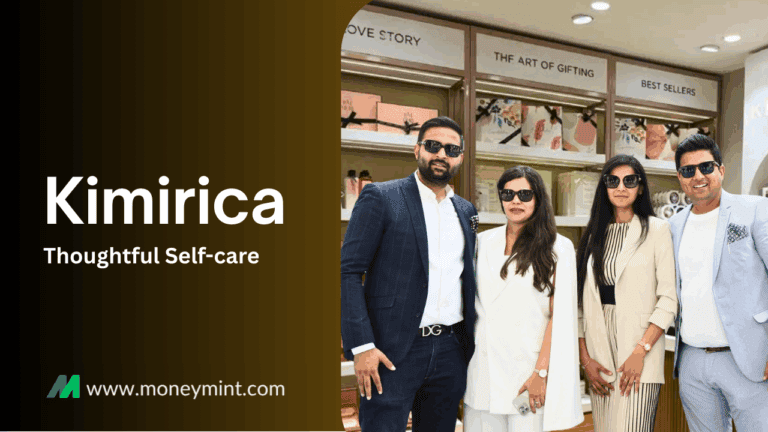It is always a hassle to find the best and affordable kids clothing both online and offline. Where we find quality, the prices are sky-high. And at other places, where they are budget friendly, the quality is not up to the mark. Identifying the gap in the e-commerce sector, Delhi-based engineer Ashwin Rastogi developed Includ. Keeping women at the forefront, the startup offers better purchasing options to them in kids wear, women’s wear, and home improvement products.
| Startup Name | Includ |
| Founders | Ashwin Rastogi |
| Industry | Clothing |
| Company Classification | Private Limited |
| Headquarters/based-in | Dwarka, New Delhi, India |
| Idea | To provide a convenient and affordable way to shop for children’s clothing. |
| Revenue | Aiming for monthly Rs 2 crore sales. |
| Date of Commencement | April 2021 |
| Investments | Total funding raised $1.92 million. |
Competitors: FirstCry, RforRabbit, Kidbea, and Mylo
The Problem: Why Does This Matter?
Even though the e-commerce market is thriving yet it has not fully adapted and catered to the tailored needs and preferences of the consumer segment. Just as subcategories like women’s wear, home improvement products, and most importantly kid wear have been dominated by female influence.
There is an opportunity to customize and develop platforms that can connect with the values, aspirations, and preferences of women specifically in the above-mentioned categories.
This shows that an e-commerce platform that acknowledges and values the viewpoints of modern women is required.
The Solution: Includ Clothing

Ashwin Rastogi, identifying this gap in the market with his experience in investment and fast fashion brands, founded Includ in April 2021.
Before starting his startup, Ashwin, an engineering graduate from Birla Institute of Technology and Science, Pilani, had worked with:
- Urbani’s country director
- Country manager at Club Factory
- Premji Invest, J.P. Morgan, and Eight Roads.
- Engineering roles at Majid Al Futtaim, HP, U2opia Mobile, and Shiprocket.
In 2012, he started his 1st startup Thinkcabs and eventually established Zappka Tech.
However, with Sumit Arora (CTO), he co-founded Includ soon after that. They secured funding from a group of angel investors like Shailesh Rao.
Business Model: How Do They Make Money?
Includ aims to empower women (particularly mothers) through their extensive and thoughtful collection of children’s apparel (for ages 2 to 14) covering 5k+ designs, home improvement products, and women’s wear.
Gurugram-based Includ was started with an insight to change the dynamics of Indian households, keeping in mind the roles of women in financial and purchasing decisions for the family.
With prices starting at just Rs 499, the startup offers affordable options, thus reaching a wide range of customers without compromising quality or style.
With a team of 25 people, Includ’s focus to achieve monthly sales of around Rs 2 crore and expand the product range while matching customer demands.
Challenges/Struggles: What Roadblocks Are They Facing?
Strategically focusing on kids’ wear, Includ aligns with the high purchase frequency of the market. Along with that, it aims to connect with young mothers in their late 20s or early 30s. Specifically, this category is the most responsive to social media trends, especially Instagram.
One of the biggest challenges was to stand against established market players like FirstCry.
To tackle that, Includ is benefiting from its wide product range and offering the convenience of online shopping to the customers.
Future Vision: What’s Next?
Further ahead, Ashwin is aiming to take the platform towards offline retail, starting with kids’ wear only. Powered by several major investors, Ashwin is now also targeting the Gulf Cooperation Council (GCC) nations and Bangladesh.
The company is strategically taregting key markets in India, Southeast Asia, and GCC. Moreover, they receive a good response from their supply hubs in China, Bangladesh, and India.
Key Takeaways: Why Should Users Care?
- It is never too late to identify the potential gap in the market.
- There is no such product or service, that is catering 100% to the customers’ requirements.
- There is always a scope for new solutions in the market.
- Target a specific group for better approach and results.




